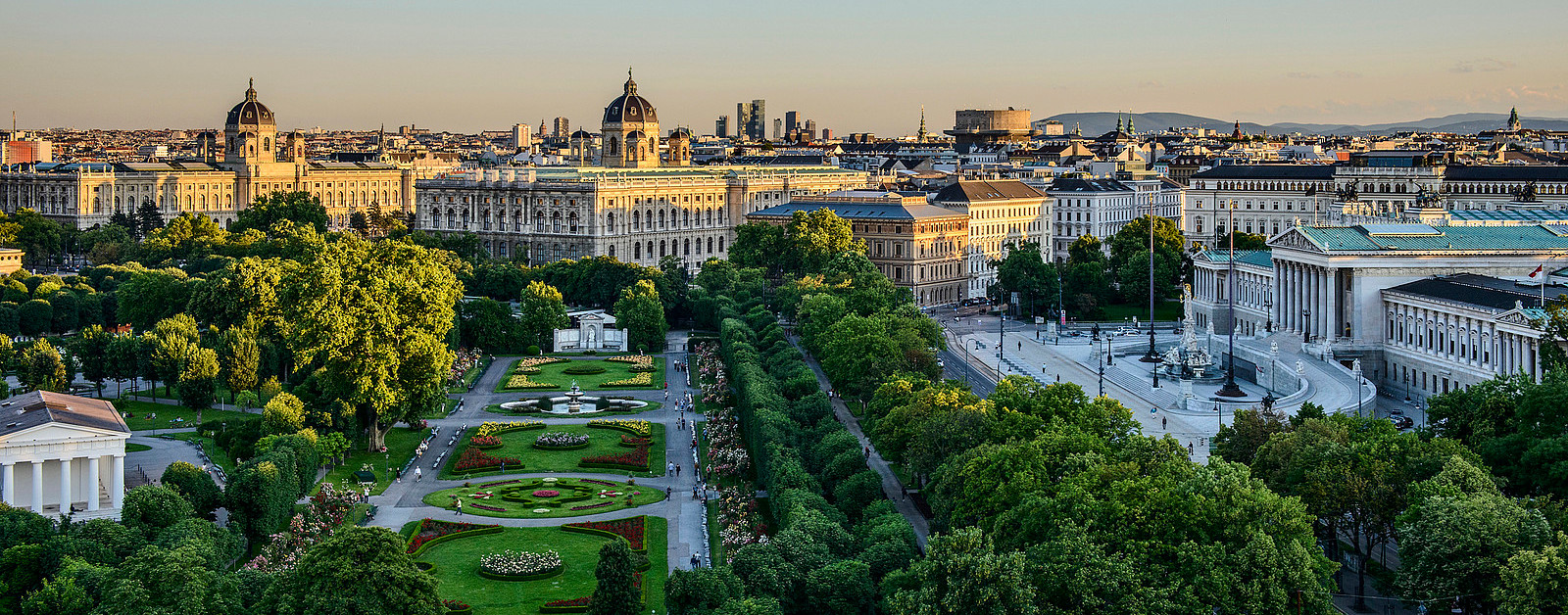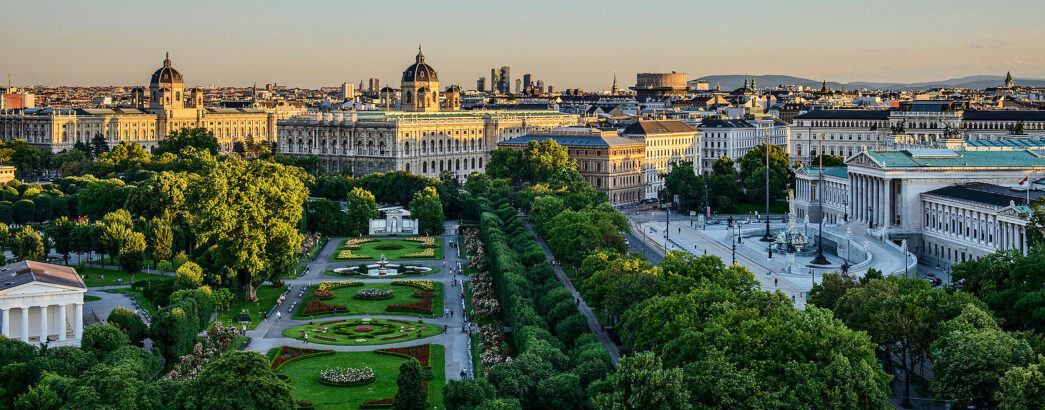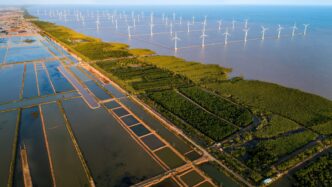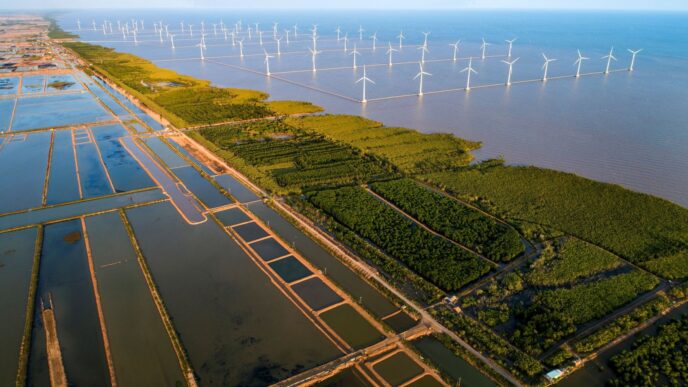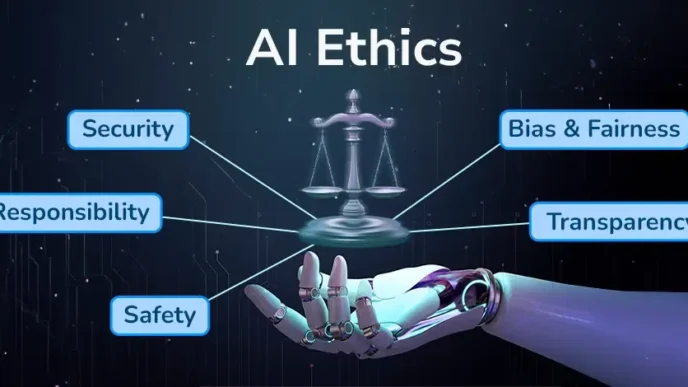Austria is at the forefront of Europe’s sustainability initiatives, setting a high standard for environmental protection and green innovation. From renewable energy to eco-tourism, Austria’s dedication to sustainability reflects a national ethos deeply rooted in harmony with nature. This article delves into Austria’s commitment to sustainability, highlighting its achievements, challenges, and vision for a greener future.
1. Leadership in Renewable Energy
- Hydropower Dominance
- Austria generates over 60% of its electricity from hydropower, making it a leader in renewable energy production.
- Projects like the Kaprun Dam showcase Austria’s advanced infrastructure in sustainable energy generation.
- Expanding Solar and Wind Energy
- Solar panels and wind farms are becoming increasingly common, supported by government incentives for clean energy investments.
- The Burgenland region is a notable example, generating more renewable energy than it consumes.
- Green Energy Policies
- Austria’s Energy Efficiency Act aims to reduce energy consumption and increase renewable energy sources.
2. Sustainable Transportation
- Public Transport System
- Austria’s extensive and efficient public transportation system, including trains, trams, and buses, reduces reliance on private cars.
- The Klimaticket (Climate Ticket) offers affordable, unlimited access to public transport nationwide, encouraging eco-friendly travel.
- Cycling Infrastructure
- Cities like Vienna and Graz invest heavily in cycling lanes and bike-sharing programs to promote zero-emission commuting.
- Electric Mobility
- Subsidies for electric vehicles (EVs) and a growing network of EV charging stations support Austria’s transition to sustainable transportation.
3. Green Urban Planning
- Eco-Friendly Cities
- Vienna, consistently ranked among the world’s most livable cities, incorporates green spaces, energy-efficient buildings, and waste management systems into its urban planning.
- Smart Cities Initiatives
- Austrian cities are embracing smart technologies to optimize energy use, manage waste, and enhance sustainability.
- Example: Smart City Aspern in Vienna integrates energy-efficient housing, renewable energy, and green spaces.
4. Circular Economy and Waste Management
- High Recycling Rates
- Austria is one of Europe’s top recyclers, with over 60% of household waste being recycled.
- Plastic Reduction Initiatives
- Policies to phase out single-use plastics align with the EU’s sustainability goals.
- Innovative startups focus on biodegradable packaging and zero-waste products.
- Composting and Organic Waste
- Nationwide composting programs turn organic waste into fertilizer, reducing landfill use and promoting sustainable agriculture.
5. Sustainable Agriculture
- Organic Farming Leadership
- Austria leads Europe in organic farming, with over 25% of its agricultural land dedicated to organic practices.
- Support for Local Food Systems
- Farmers’ markets and community-supported agriculture (CSA) initiatives connect consumers with local, sustainable food producers.
- Agri-Tech Innovation
- Precision farming technologies and eco-friendly practices enhance agricultural productivity while minimizing environmental impact.
6. Eco-Tourism and Conservation
- Promoting Eco-Tourism
- Austria’s natural beauty, from the Alps to pristine lakes, attracts eco-conscious travelers.
- Activities like hiking, cycling, and wildlife observation are designed to minimize environmental impact.
- Protected Areas
- National parks like Hohe Tauern and Gesäuse showcase Austria’s commitment to conserving biodiversity.
- Over 20% of Austria’s land is protected under conservation programs.
7. Government and Community Initiatives
- Climate Action Plan
- Austria’s Climate Strategy 2040 targets carbon neutrality by 2040, a decade ahead of the EU’s goal.
- Green Education
- Schools and universities incorporate sustainability into their curricula, fostering environmental awareness among future generations.
- Community Engagement
- Grassroots movements and NGOs actively promote sustainability through campaigns and local projects.
8. Challenges in Sustainability
- Balancing Growth and Conservation
- Economic development, especially in urban areas, sometimes conflicts with environmental goals.
- Energy Transition
- While hydropower dominates, expanding other renewable sources like wind and solar requires significant investment.
- Climate Change Adaptation
- Alpine regions face challenges like glacier retreat and changing ecosystems due to global warming.
9. Austria’s Vision for the Future
- Carbon Neutrality by 2040
- Austria is accelerating its efforts to become carbon neutral through increased investment in renewables, green infrastructure, and energy efficiency.
- Global Leadership in Sustainability
- Austria aims to set an example for other nations, combining economic prosperity with environmental stewardship.
- Innovating for Sustainability
- Continued advancements in technology and innovation will drive Austria’s green transformation, from energy to agriculture.
Austria’s commitment to sustainability reflects its dedication to preserving the environment while fostering economic growth. Through renewable energy, eco-friendly urban planning, and green policies, Austria leads the green movement in Europe. As it strives for carbon neutrality by 2040, Austria serves as a model for balancing modern development with environmental responsibility.
Topics: Austria Sustainability Carbon Neutrality Climate Action Austria Eco-Tourism Green Urban Planning Organic Farming Recycling Initiatives Renewable Energy Austria Smart Cities Sustainable Agriculture Austria